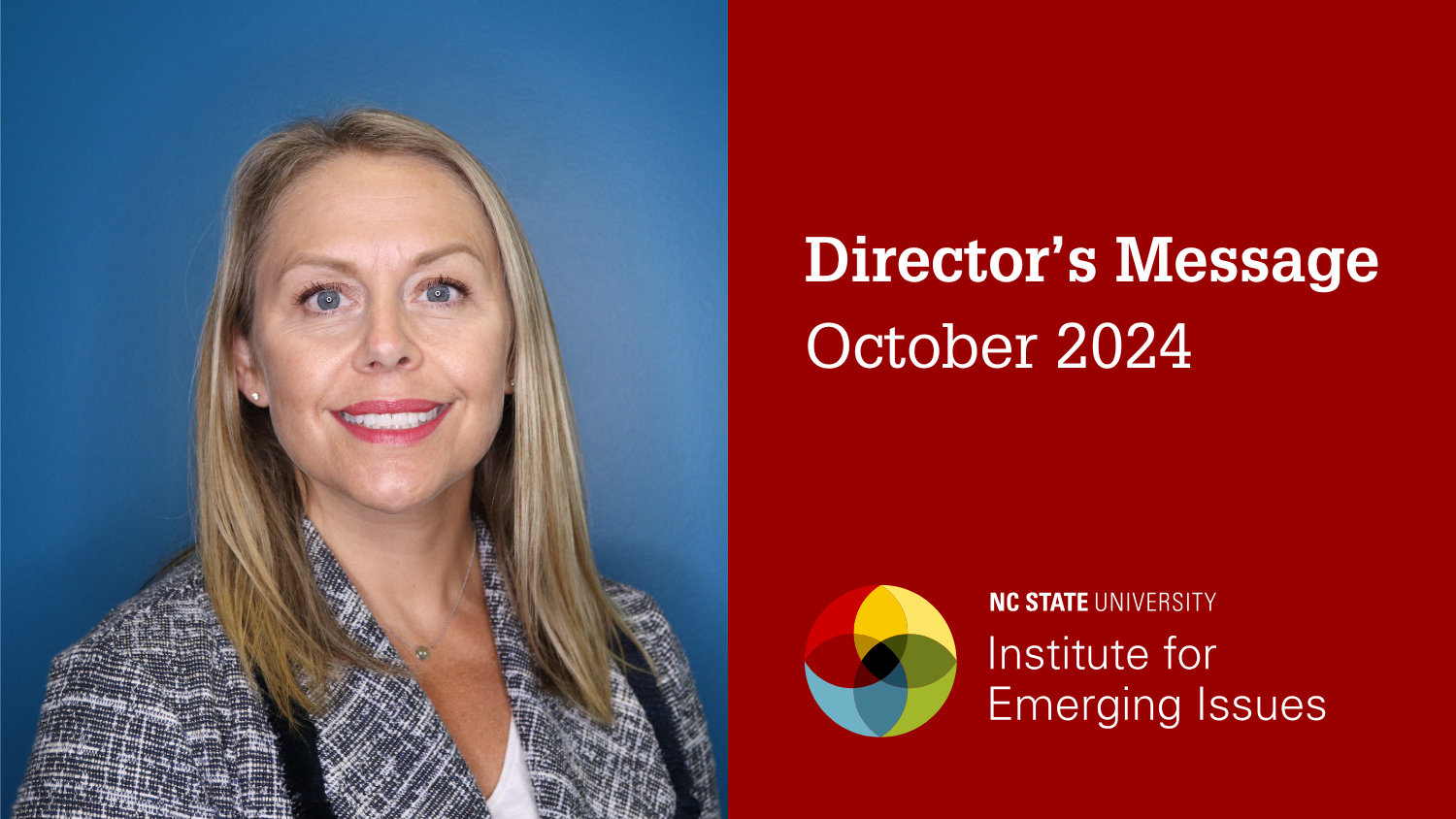Governor Cooper Issues Executive Order No. 142
On May 30, 2020 Governor Cooper signed Executive Order 142, which establishes temporary prohibitions on evictions and utility shut-offs.
What does this Order do?
It establishes a moratorium on evictions for residential and commercial tenants, and provides relief for individuals who are unable to pay their utility bills during the COVID-19 pandemic.
What does the eviction moratorium do?
This order:
- Prevents residential landlords from initiating or progressing eviction proceedings against residential tenants for nonpayment or late payment of rent;
- Prevents commercial landlords from using “self-help” eviction procedures or terminating leases for commercial tenants, if the legal basis for termination is late payment or non payment of rent caused by the COVID-19 pandemic;
- Prevents landlords from assessing late fees, interest, or other penalties for late or nonpayment;
- Prevents the accumulation of additional interest, fees, or other penalties for existing late fees during the effective period of the order; and
- Requires residential and commercial landlords to give tenants 6 months, after the executive order ends, to pay outstanding rent that became due during the effective period of the order.
How long will the eviction moratorium last?
The moratorium is effective immediately and lasts for 3 weeks.
What does the shutoff moratorium do?
The Order:
- Prohibits utility disconnections for all residential customers;
- Prohibits billing or collection of late fees, penalties, and other charges for failure to pay; and
- States that when the order ends, utilities must give customers the chance to set up repayment plans for charges that became due during the effective period of the order.
How long with the shutoff moratorium do?
The moratorium is effective immediately and lasts for 60 days.
- Categories:


